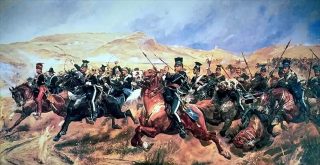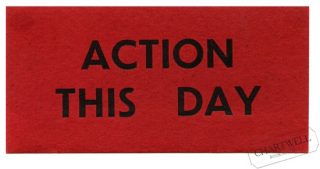A few weeks ago I reluctantly jumped on the Twitter bandwagon and claimed the address: @seanpmurray. For the un-initiated, Twitter is a communication and networking tool, similar to blogs, that allows you to broadcast short (140 characters or less) messages to followers. The technology puts a premium on being both concise and witty.
My initial impression (like just about everyone else) was to view Twitter as another annoying technology bent on disrupting my day and reducing my productivity. After a slow start I’m beginning to see the business value. Journalist Julia Angwin has a great article in the WSJ about her conversion to Twitter.
Perhaps the most important quality of Twitter is that it does not demand or even ask for a response. The communication is designed to go one way. Although there is a “reply” function, the medium itself is very different than email where most messages demand a response. It is this quality that actually saves Twitter from itself. You can passively stay attuned to the thoughts and perspectives of others without exerting a lot of effort. This can be extremely valuable in some professions like journalism and politics.
As an experiment, I’ve asked all of my employees to sign up for Twitter and post at least once per day on what they are working on (I do the same). From a leadership perspective, I’ve found the information to be very valuable. Although “Completed Emerson Project” and “Testing Admin Tool” may not sounds exciting to you, I find I’m much more attuned to what’s happening around the office. When you work in an information business, it’s sometimes difficult to see the work in progress. And because there are multiple tools for posting to Twitter from your phone, I’ve been able to keep my team updated on what’s happening with clients while I’m on the road.
I think the more powerful use of Twitter is as a marketing tool. Perhaps the most popular CEO to use Twitter in this way is Tony Hseih @zappos. Tony sees Twitter as an opportunity to build personal relationships with people. But he also wrote recently about how Twitter has changed his life and made him a better person.
Like any tool, you need to figure out what you want from it, and develop a strategy for using it. I don’t think anyone knows for sure how Twitter will evolve, but overall, I see Twitter as yet another technology that is transforming leadership.


